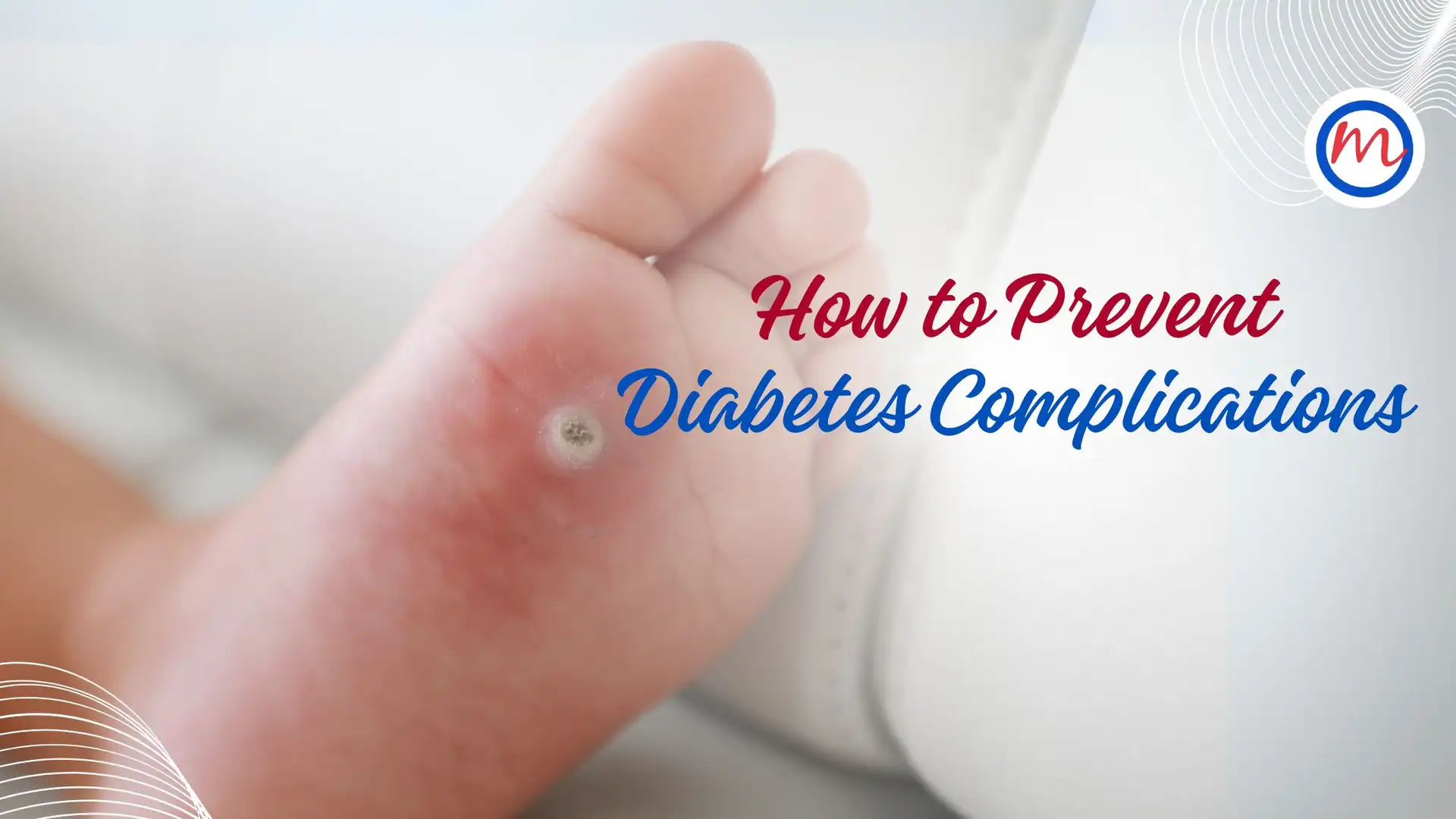The answers are slowly coming in. Here is what you need
to know about the state of research on Covid-19 and
diabetes.
In a pandemic-hit world, characterised by extreme uncertainty, one question brings true fear: “What does Covid-19 do to people with diabetes?”. We have been told that about 35-40 percent of people with severe Coronavirus infection have diabetes; and that, those with diabetes are more likely to have serious complications, that can even be fatal.
One reason is that, high blood sugar weakens the immune system and makes it less able to fight off infections. Scientists are locked in research, sharing data, clinical experience and observation. Once the dust settles down, a more critical analysis will probably come about. In the meantime, we offer you the medical knowledge available at this time on Covid-19 and diabetes.
HERE COME THE NEW QUESTIONS
After so many months, new questions are being raised: what type of diabetes have been noticed in people who died? Have they died because their diabetes put them at greater risk, or, because those with diabetes are usually older and have other illnesses? What should people with diabetes do to protect themselves? The answers are slowly coming in now.
SPOTLIGHT ON SEVEN POINTS
As scientists around the world work around the clock to figure out new ways to beat the virus, some key points have emerged on the link between Covid-19 and diabetes:
- First, a disproportionate number of people with diabetes have been hospitalized with Covid-19.
- Second, it is still not known if people with diabetes are more likely to catch the virus. The issue is under the scanner and research is on.
- Third, people with diabetes are more likely to have “severe disease” and be admitted to hospital ICU, compared to people not afflicted by diabetes.
- Fourth, it has been found that there is a higher risk of getting Covid-19 for those with type 1 diabetes, compared to those with type 2.Fifth, in general, hospital data across the world shows that higher blood sugar levels increase the risk of Covid-19. If your blood sugar levels are uncontrolled (too high), even if you are taking medicines for the disease, you might be more vulnerable to Covid-19.
- Sixth, the weight of evidence is building up to support the theory that people with both types of diabetes have an increased risk of death, if they catch COVID-19, especially if they have poor glucose control.
- Seventh, scientists are looking at research from a new angle: that coronavirus may trigger diabetes in previously healthy people. What is not clear is whether Covid-19 can trigger type 1 diabetes, type 2 or even a new form of Covid-induced diabetes.
WHY ARE TYPE 1 PEOPLE AT HIGHER RISK?
The increased risk of infection is not surprising, because people with diabetes are worse-hit from infections, in general. But the surprise is that those with type 1 diabetes are at higher risk compared to type 2. What can be the possible explanations? Several theories are doing the rounds. To begin with, the severity of Covid-19 could depend on how long someone has had diabetes. Unlike type 2, people are most often diagnosed with type 1 at a young age. The longer someone has had diabetes, the more likely they are to have complications, including heart and kidney damage. This might impact their vulnerability to Covid-19.
What’s more, type 1 diabetes is an auto-immune disease, type 2 is not. In type 1, the immune system attacks the cells that make insulin (or the hormone that helps the body process sugar in the blood) and one eventually stops making insulin altogether. In type 2, the body makes insulin but is resistant to it. The immune systems of people with type 1 may be different from that of people with type 2.
This can be one of the reasons why people with different types of diabetes respond differently to the coronavirus infection. It could also be the question of higher blood sugar levels. Data shows that higher blood sugar levels increase the risk of Covid-19. And on average, blood sugar levels are higher in people with type 1 than with type 2 diabetes.
DIABETES VS VIRUSES
The link between diabetes and viruses have been studied for long.There are recorded cases of acute diabetes developing during mumps and enterovirus infections. Recent studies have shown the association of virus infections in type 2 diabetes: ranging from Hepatitis viruses, Herpes Simplex viruses, Influenza virus, Cytomegalovirus, to West Nile virus and so on. And there is significant evidence linking one particular Enterovirus, Coxsackie-B4, with type 1 diabetes, apart from, some viral respiratory infections.
WHAT ABOUT CORONAVIRUS?
During the SARS outbreak of 2002-04, which was caused by a coronavirus, cases of acute onset diabetes have been reported. The diabetes resolved after a few years for some, but persisted for others. In Covid-19, cases have been reported, especially from China, about new-onset, severe diabetes (ketoacidosis).
UNDERSTANDING ISLET (BETA) CELLS
At the centre of the link between diabetes and viruses there are a special kind of cells: the islet cells in the pancreas that produce insulin. In the two main types of diabetes, type 1 and type 2, these cells work differently. In type 1, the body’s own immune system attacks the islet(beta) cells. At the end, there are no islet(beta) cells left and hence no insulin is produced, to control blood glucose levels.
In type 2 diabetes, organs like the liver, muscle or fat do not respond as well as they should to insulin’s message. Hence, the islet cells have to work really hard to produce a lot more insulin to make them respond. In the end, the islet cells become exhausted and die. Hence, no insulin is produced, to control blood glucose levels. According to scientists, in both types of diabetes the islet cells are attacked by viruses.
DOES COVID-19 CAUSE DIABETES?
In the last few months, academics and researchers from around the world have started shining the spotlight on a new issue: that Covid-19 may not just be a risk for people with diabetes, they have reason to think that it may actually cause diabetes.
The coronaviruses responsible for the current and previous outbreaks share a similar way of getting into cells. The virus attaches to the ACE2 receptors, which are abundant in the nose, mouth, lung, kidney and the islet cells of pancreas. It is suggested that once in the islet cells, Covid-19 disrupts normal cell function—leading to abnormalities in insulin secretion and blood glucose maintenance. It is also possible that the viruses invade the cells, leading to acute inflammation that kills islet cells.
Scientists are now working in earnest on the direct linkages between Covid-19 and diabetes. Data is being gathered. If such a link is found, new treatment pathways will open up. Until then, people with diabetes will need to be careful more than ever before. Support is available from healthcare providers and those with diabetes should not hesitate to seek out help.



